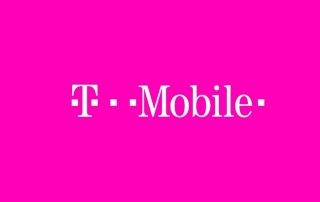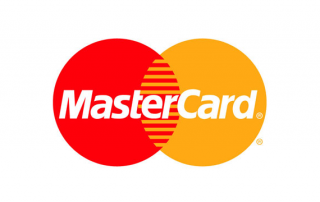YiSpecter Malware Targets Non-Jailbroken iOS Devices
Apple’s iOS mobile operating system is under attack in China and Taiwan, according to security firm Palo Alto Networks.
The company identified malware, dubbed YiSpecter, which—unlike most other malware affecting iOS devices—can target non-jailbroken iPhones and iPads.
In addition, the malware uses private application programming interfaces (API), or frameworks used internally by companies, to spoof the operating […]




